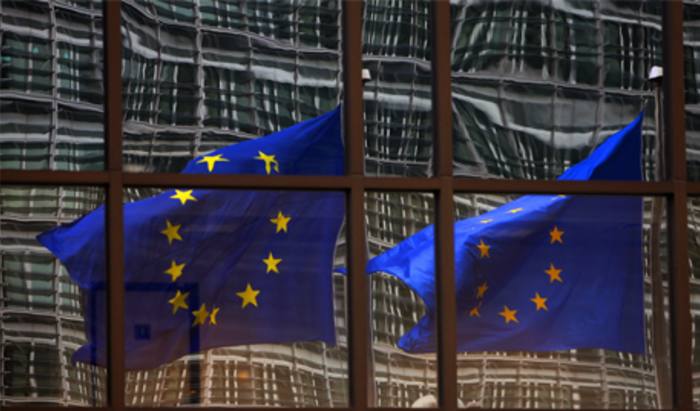
In most years there are big political events, but 2016 will play host to two major ones in developed markets, with the US presidential elections in November and the UK’s EU referendum in June.
While the question over who will be the next US president appears to have boiled down to Democratic candidate Hillary Clinton and Republican Donald Trump, the effect on US equity markets has been minimal and will only perhaps be felt later this year.
Far more pressing for the UK market is the referendum on June 23 over whether to remain in or leave the EU. The prospect that Britain will vote to part ways with Europe, dubbed ‘Brexit’, has already affected sterling, which is down about 6 per cent against the dollar over the past year.
With the vote still several months away, the effect on the UK economy and currency looks likely to be dragged out, particularly if a majority votes to leave.
Mike Bell, global market strategist at JPMorgan Asset Management, warns: “Certainly we think volatility is likely to remain elevated in the run-up to the referendum. If we left the EU, you would see potentially quite a bit more downside to sterling from where we are now.
“On our measures, sterling looks to be somewhere between 5 and 7 per cent below where we would expect it to be were it not for these concerns around Brexit, but you could see further moves down caused by the uncertainty. And certainly, if we left, you could see sterling fall another similar amount again, so another 5-7 per cent from where we are now.”
| Brexit – What next if leave wins? |
Stephanie Flanders, chief market strategist for Europe at JPMorgan Asset Management, says: “Politicians on both sides are fond of pointing out that nothing would change the day after the vote, and that is true; every law and regulation that was in place the day before the vote would remain in place until the terms of Britain’s exit from the EU were agreed, a process that is expected to take at least two years. “But we can be fairly confident in the short run that UK equity prices would not stay the same, and nor would the value of the pound. UK equities could see a further 2-3 per cent sell-off, in addition to perhaps a further 10 per cent fall in the trade-weighted value of sterling. If the polls begin to point to a clear ‘No’ majority, much of this would have occurred before the vote itself. “Research by my colleagues at JPMorgan Chase estimates that a negative result could take about one percentage point from the growth rate in the 12 months after the vote – a significant hit, given the baseline growth forecast of about 2 per cent in 2016.” |
He believes the outcome of the vote will be that the UK remains in the EU but suggests if Britain were to exit, the economic effect would be prolonged rather than immediate.






